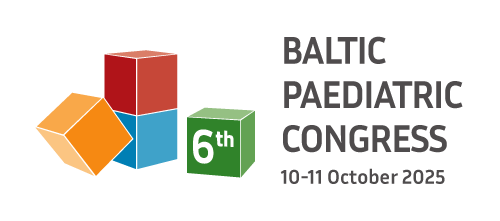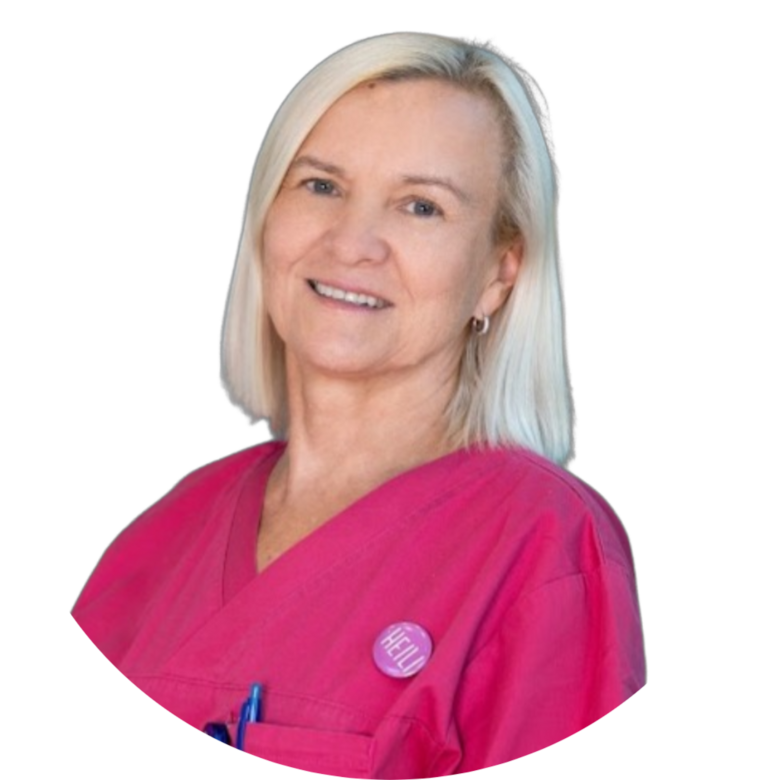Associate professor Heili Varendi MD, PhD
Born in Estonia in 1959, 4 daughters, 6 grandchildren
Career
- 2005 - Dept of Pediatrics, University of Tartu, Estonia - Associate Professor/Senior Researcher
- 2023 - Tartu University Hospital, senior pediatrician
- 2007 – 2023 Tartu University Hospital; Children's Clinic – pediatrician, head of the neonatal unit
- 1990 - 2005 Dept of Pediatrics of University of Tartu - teaching assistant; pediatrician
- 1986 - 1990 Rakvere county hospital, pediatrician
Education and degrees
- 1985 MD in paediatrics, Medical Faculty, Tartu University
- Doctor of Medical Sciences, 2001, Karolinska Institute, Stockholm, Sweden; Academic dissertation entitled: Human newborn behavior during exposure to maternal and other odors.
Membership and responsibilities
- 2006 - member of the executive board, Union of European Neo/Perinatal Societies (UENPS)
- 2019-2022 – member of the executive board of Estonian Paediatric Association
- 2013 - member of the editorial board, Journal of Individualized Neonatal and Pediatric Medicine
- 2005 – 2018 member of the advisory board of the Tartu Medical College
- 2004 – 2011 President and Vice president of the Estonian Perinatal Society
- 1990 - 2003 Secretary of the Estonian Perinatal Society
Field of scientific interest
- Perinatal care, pediatrics and neonatology, pharmacokinetics. Neonatal olfaction and behavior.
- Short-and long-term outcome of very preterm infants: health, development and costs.
- Publications: Thesis, author or co-author of 66 original papers and more than 90 abstracts.
Research activity and international projects, current grants & projects
- Partner and tutor in the NOTE (Neonatal Online Training in Europe) project (2009-2011)
- Perinatal factors, health and development of very preterm infants born in Estonia (2011-2016)
- Neonatal European Study of Inhaled Steroids (NEUROSIS)
- European Study of Neonatal Exposure to Excipients (ESNEE, 2011-13)
- Paediatric Accelerator Mass Spectrometry Evaluation Research Study (PAMPER, 2011-14)
- Effective Perinatal Intensive Care in Europe (EPICE, 2011-2015))
- Screening to improve Health In very Preterm infants in Europe (Horizon 2020,SHIPS 2015-18)
- Development of Egyptian Neonatal Safety Training Network (ENSTN) – TEMPUS (2014-16)
- Networking to improve health care for mothers and premature infants in the Baltic region and Moldova (NETINCARE, 2015-2016)
- Research on Children and Adults born Preterm (Horizon 2020, RECAP 2017-21)
- Improving lifelong health and development for children and adults born very preterm – observational studies to enhance randomised trials for comparative effectiveness research (Horizon 2020, IMPROVE PRETERM 2025-2028)

